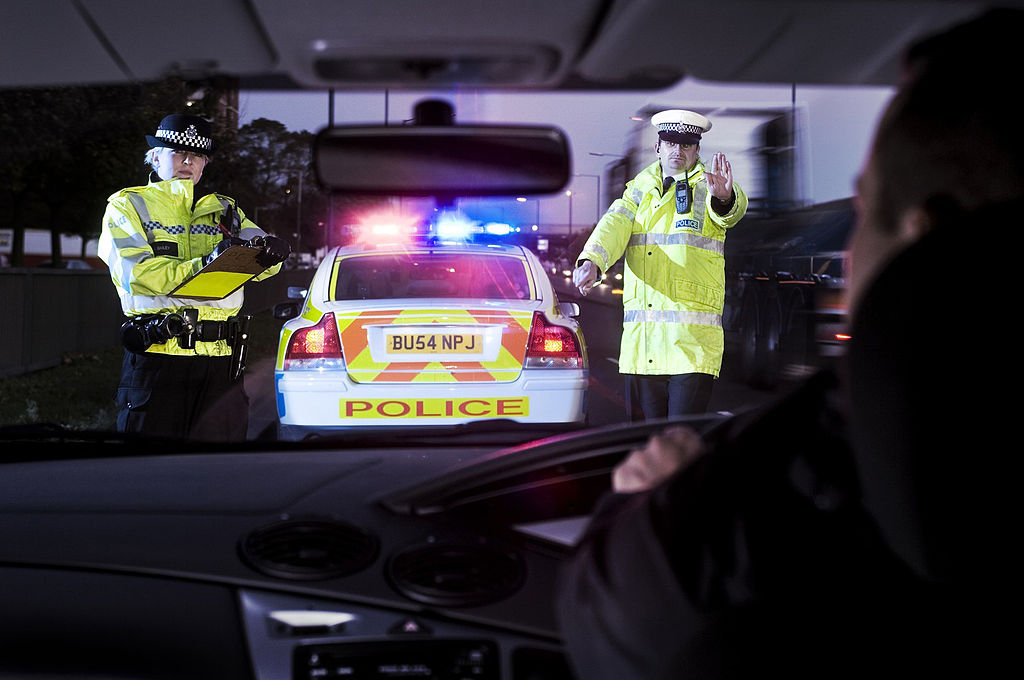Anyone who is in charge of a vehicle with their alcohol level above the prescribed limit may be guilty of this offence. A common scenario is where someone is parked up in the driver’s seat with the keys in the ignition or if someone is in the vicinity of their vehicle and in possession of the keys whilst over the prescribed limit. That person may be guilty of an offence because they are above the prescribed limit and in charge of the vehicle even though they were not actually driving.

What evidence is needed to secure a conviction?
- To secure a conviction, the police have to follow the same procedures for obtaining the necessary evidence as in drink driving cases.
- It is a defence where the person charged is able to establish that, despite being in charge of the vehicle, there was no likelihood of him/her driving above the legal limit.
- Whether the driver had any intention to drive the vehicle whilst over the legal limit is not the correct test as the Court may still find that, despite the driver’s best intentions, it was still likely that the vehicle would have been driven with excess alcohol. If this defence is being relied upon, expert evidence will often need to be obtained in order to establish at what stage the driver would have been under the limit.

